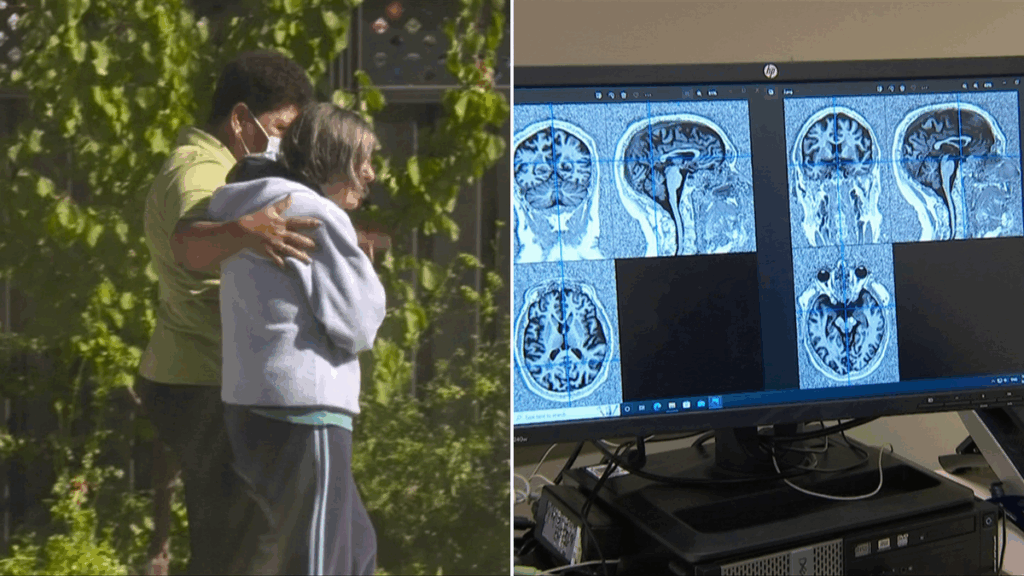
Dementia has now become the leading cause of death in Australia, surpassing heart disease for the first time. According to new data from the Australian Bureau of Statistics (ABS), approximately 17,500 Australians succumbed to dementia-related conditions in 2024. This significant shift in mortality patterns indicates the growing impact of degenerative brain diseases on the nation.
Statistics reveal that dementia now accounts for 9.4 percent of all deaths across Australia, highlighting the increasing burden the disease places on families and the healthcare system. The average age of those who died from dementia was 88, underscoring the condition’s prevalence among the ageing population of the country.
Demographic Insights on Dementia
Lauren Moran, head of mortality statistics at the ABS, noted a critical trend: “People are now more likely to live to an age where they have a higher risk of developing dementia.” This is particularly evident among women, who have longer life expectancies. According to the data, 62.4 percent of individuals who died from dementia were women. Furthermore, dementia has been the leading cause of death for women since 2016.
The shift in mortality statistics marks a major change in Australia’s health landscape. Heart disease, which had long held the top position as the leading cause of death, is now second overall. However, it remains the leading cause of death among men, resulting in 10,153 deaths in 2024. Moran added that coronary heart disease continues to be prevalent, particularly in outer regional, remote, and very remote areas of Australia.
The Need for Urgent Research
The stark statistics underscore the urgent need for continued research into dementia prevention and treatment as Australia’s population ages. With the number of dementia-related deaths on the rise, health experts are calling for increased funding and resources to address this growing public health issue.
As the demographic landscape evolves, the healthcare system faces challenges in accommodating the needs of an ageing population. The data serves as a reminder of the importance of early intervention and comprehensive care strategies to improve the quality of life for those affected by dementia and their families.
In summary, the ABS figures illustrate a critical shift in health trends within Australia, drawing attention to the escalating impact of dementia and the need for a coordinated response to this pressing health crisis.






